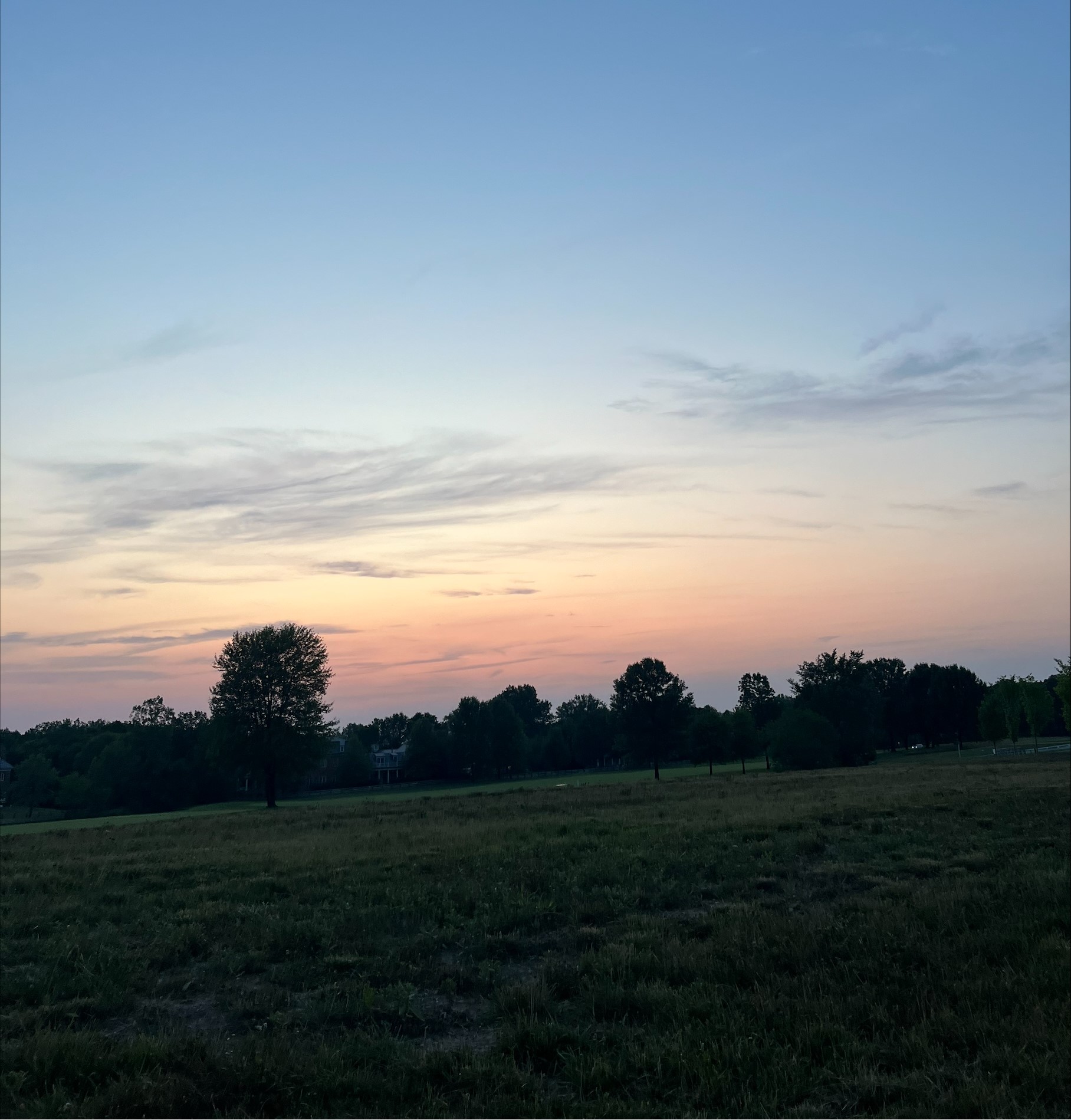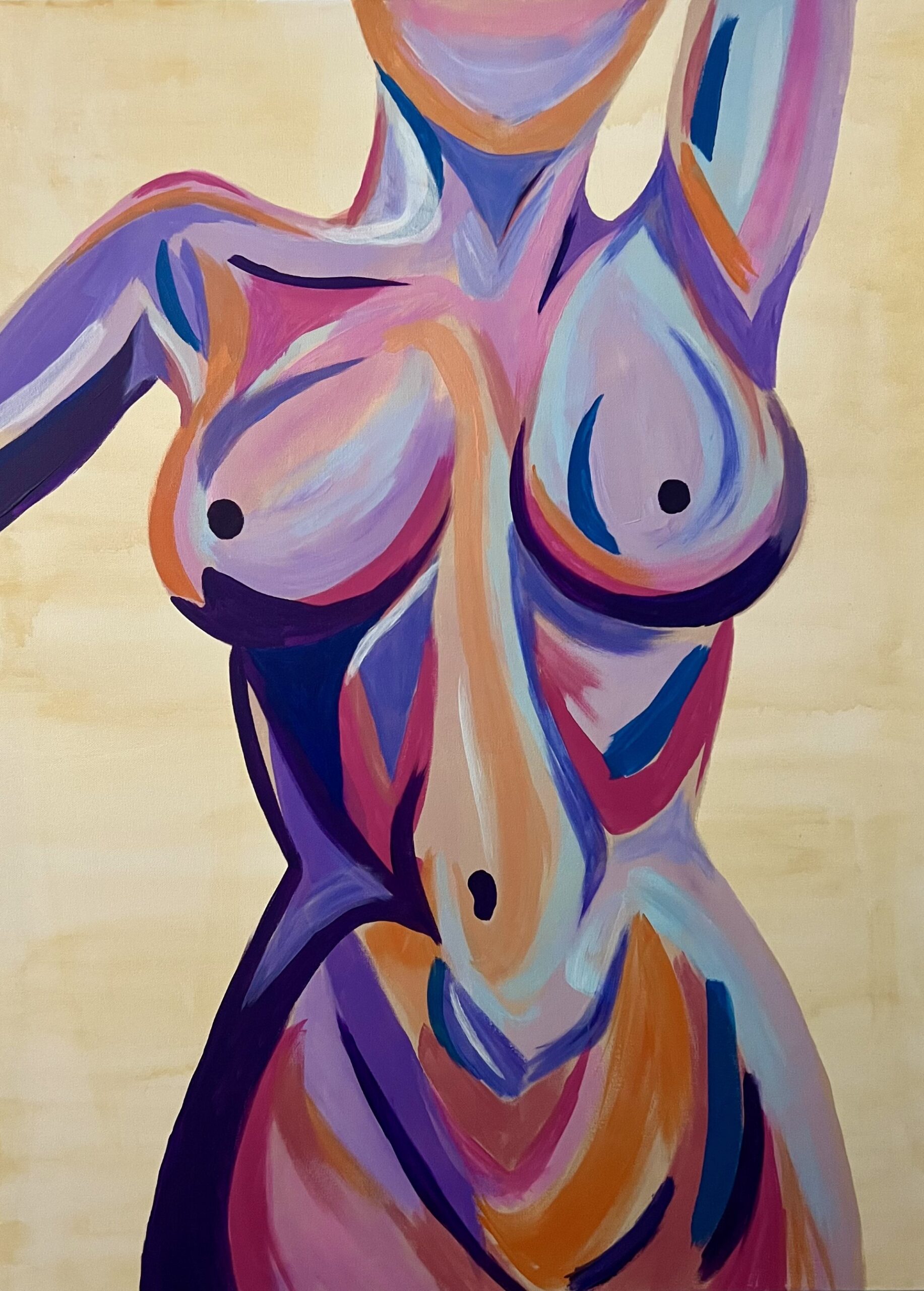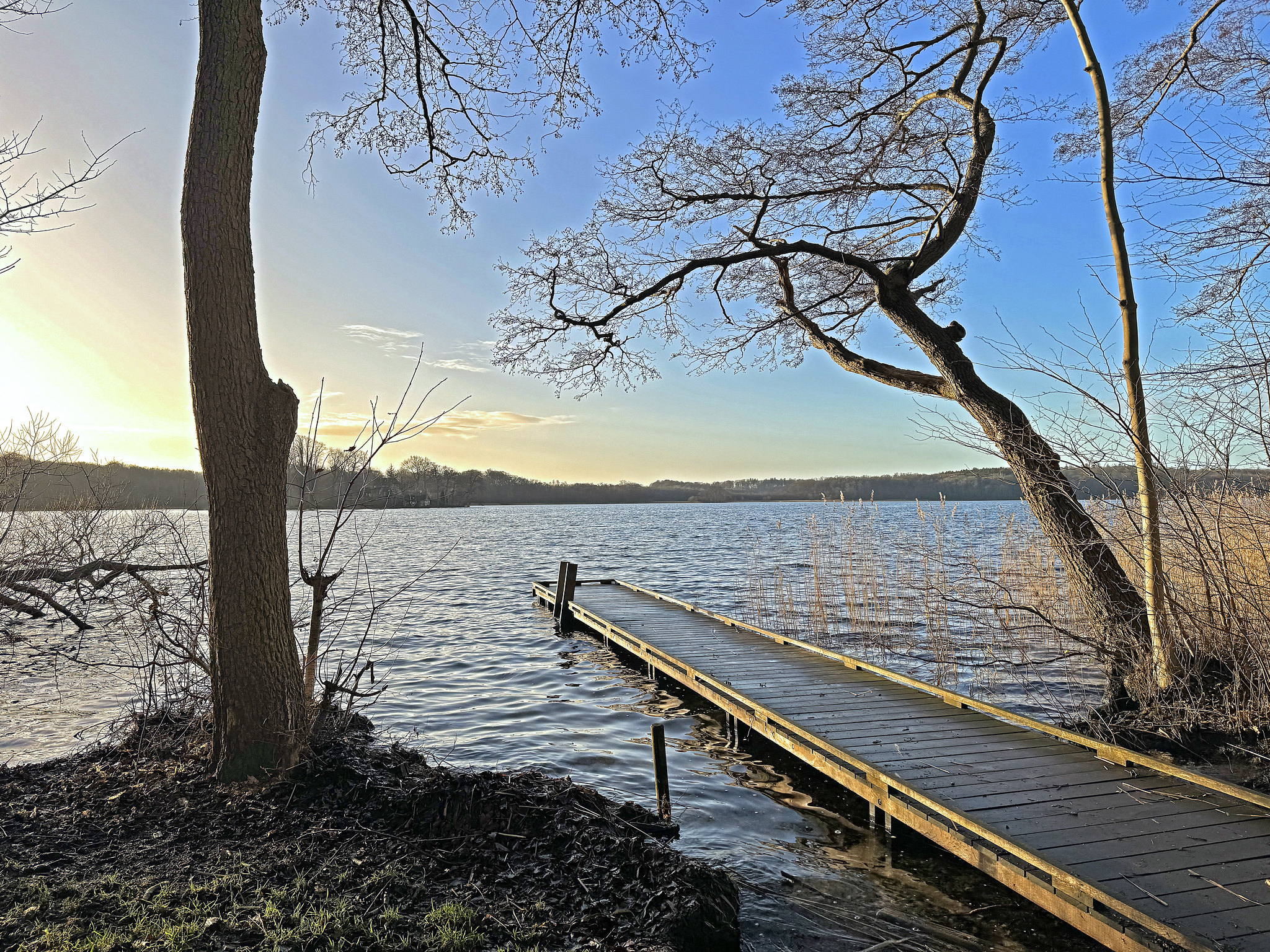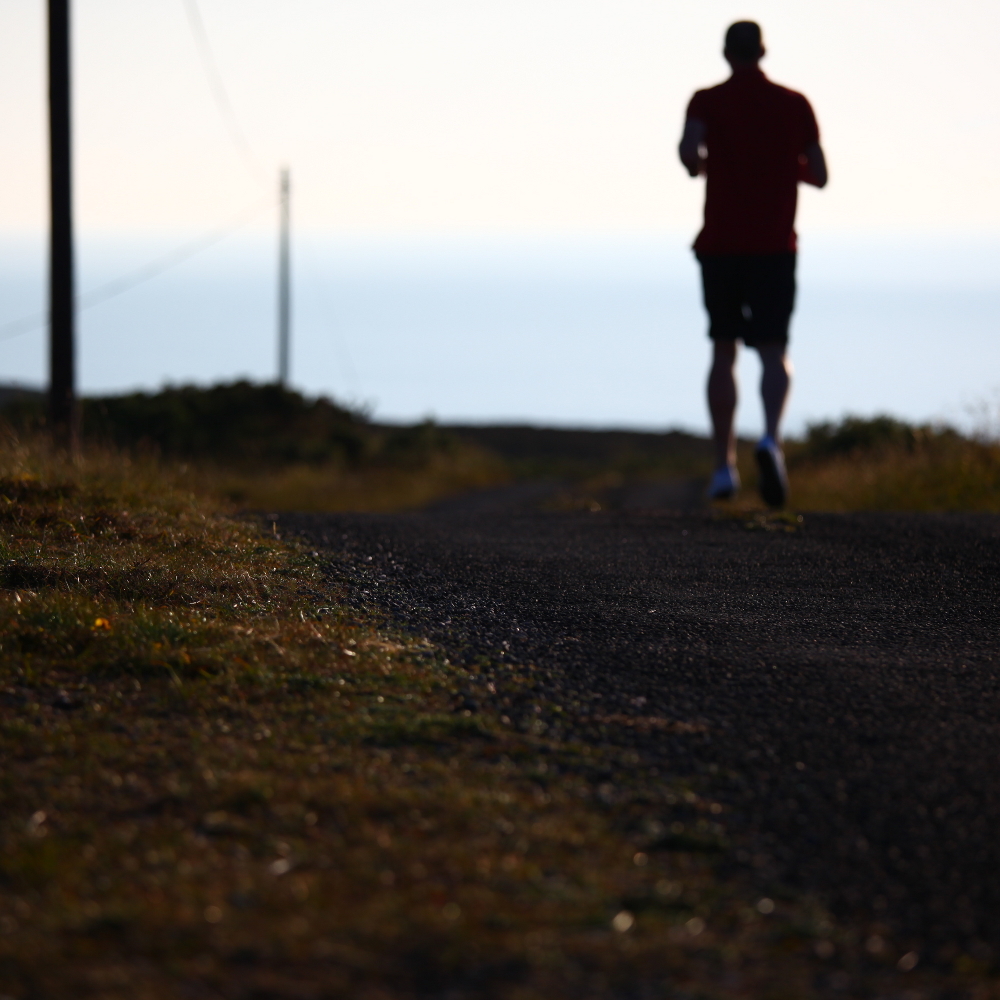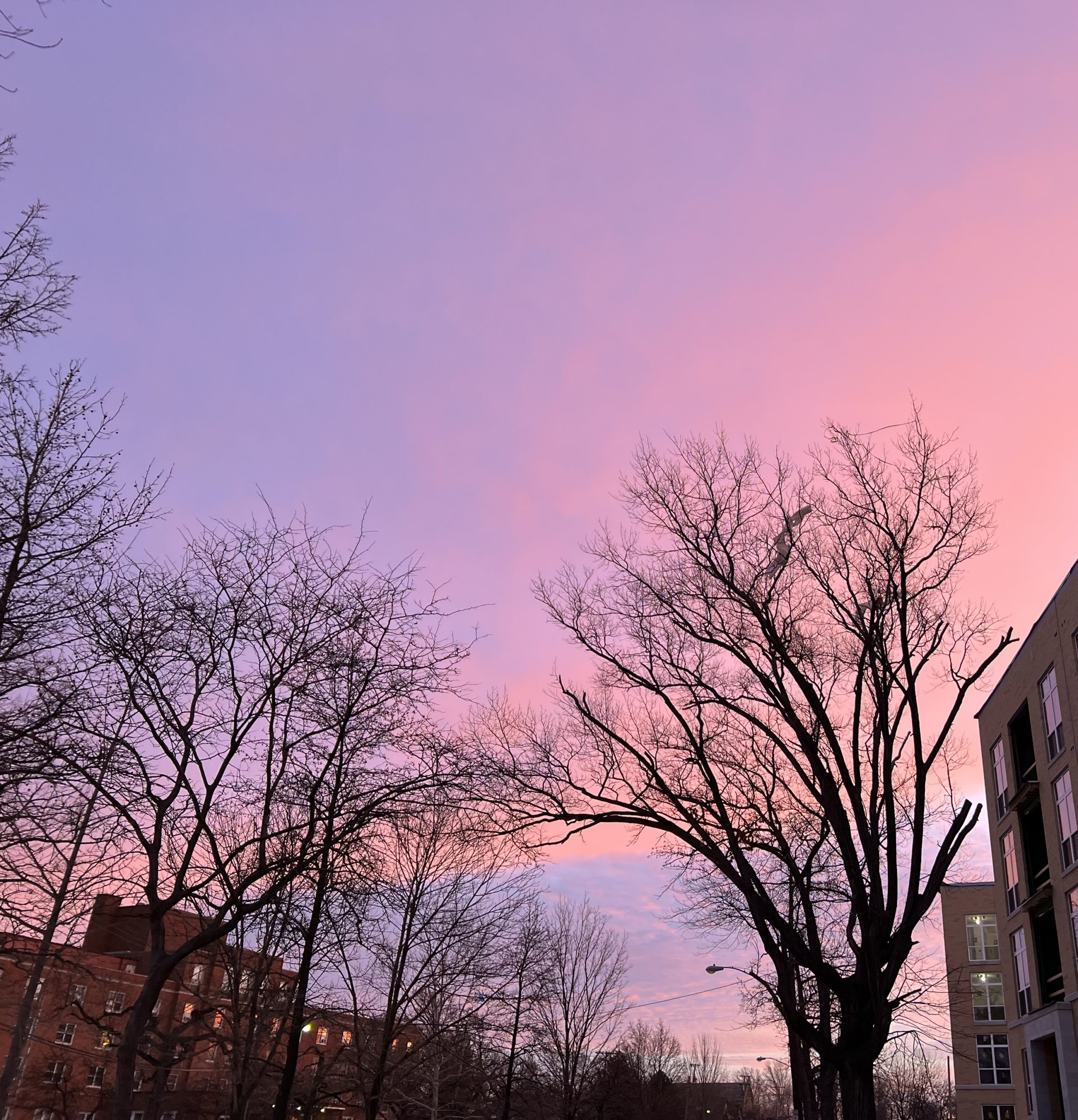This piece is inspired by a patient encounter with a middle-aged woman who was recently diagnosed with a severe and malignant cancer. I saw her in the primary care setting, and she was undergoing chemotherapy at that time. She had a unique demeanor about her and she shared with me how she waited all her life to do the things she really wanted to do and now she was unable to do a lot of those things. She told me her and her friend now share a joke whenever they are debating doing something fun/risky/random in which they say, “What are you waiting for, chemo?”




